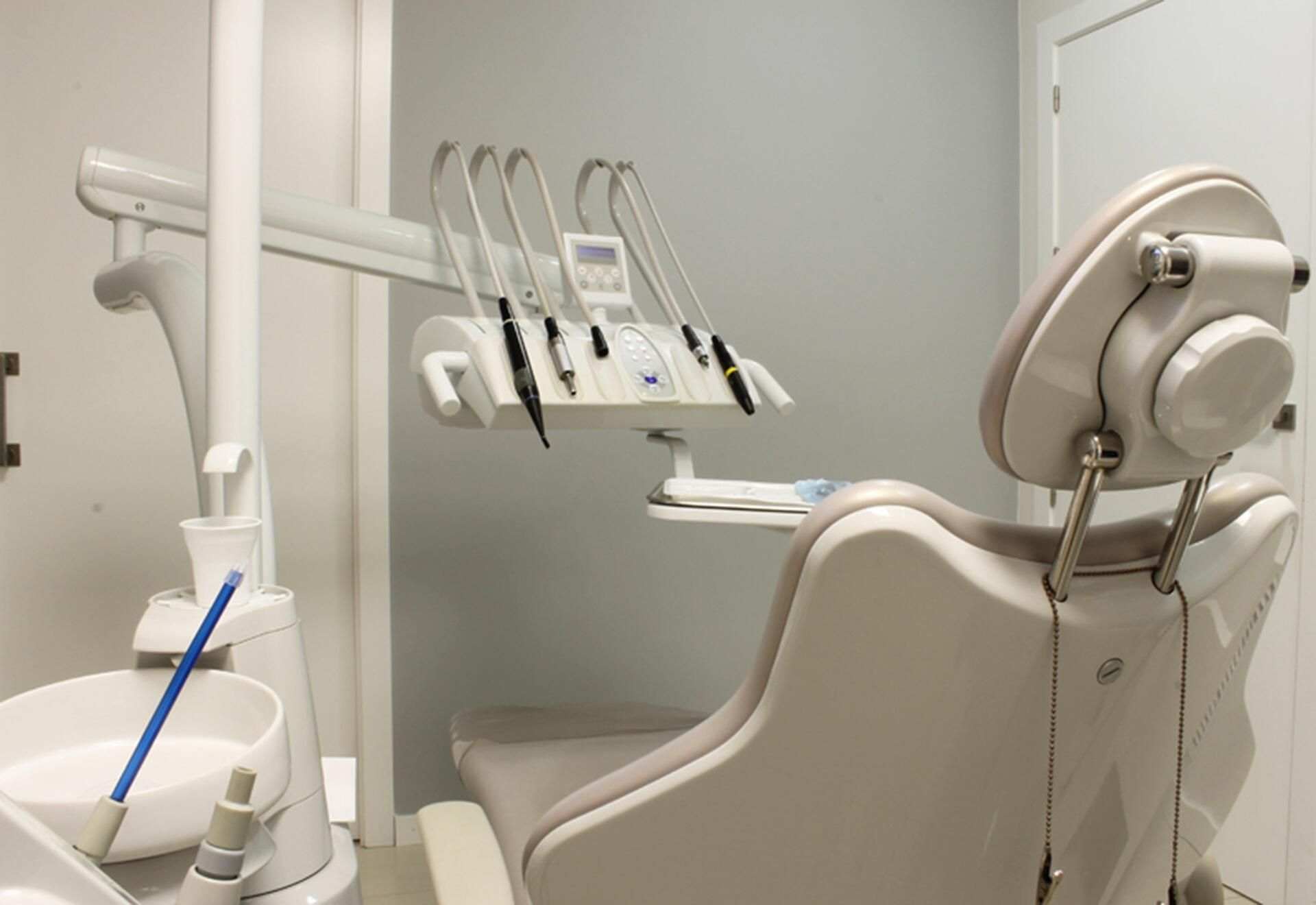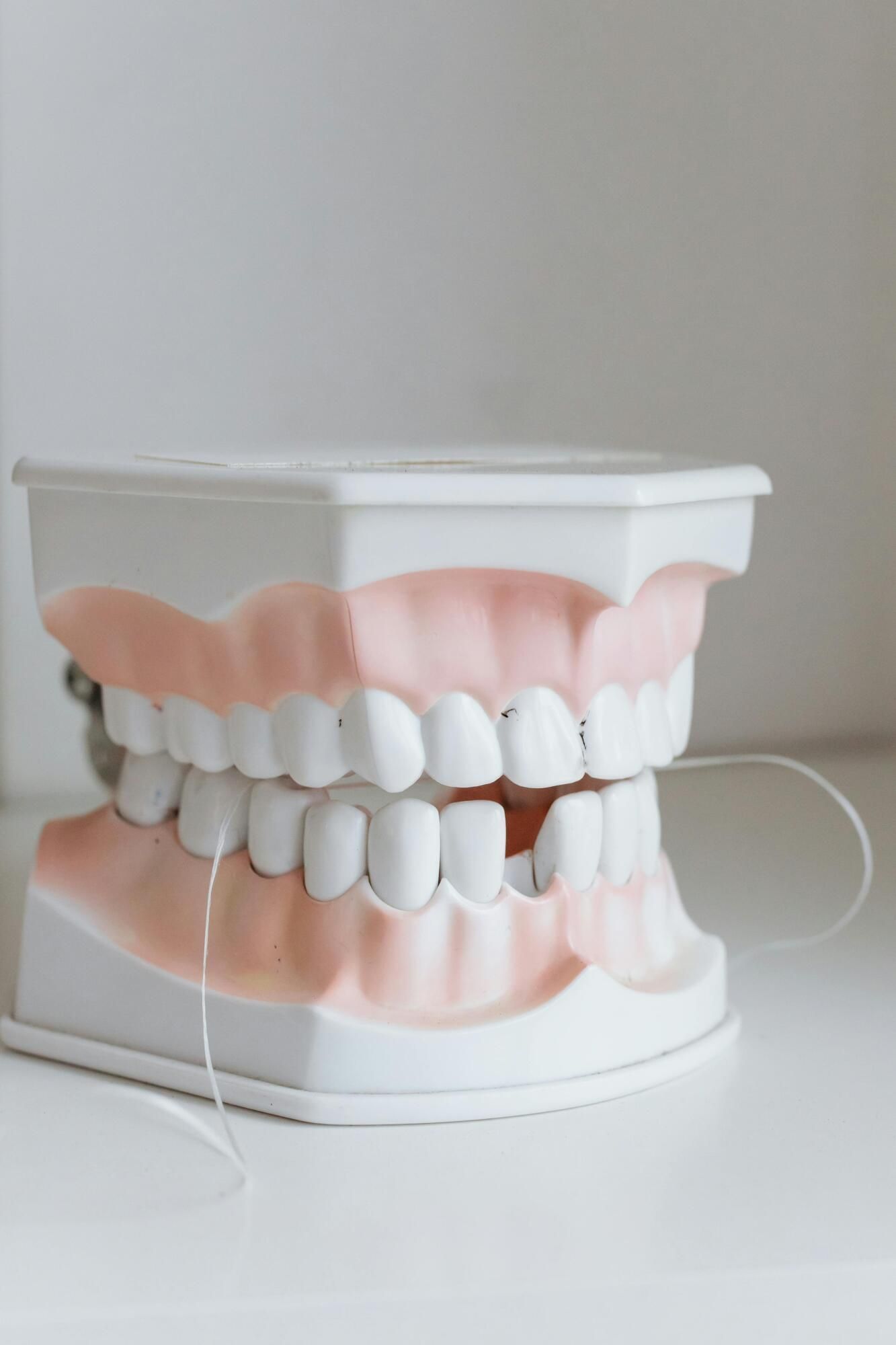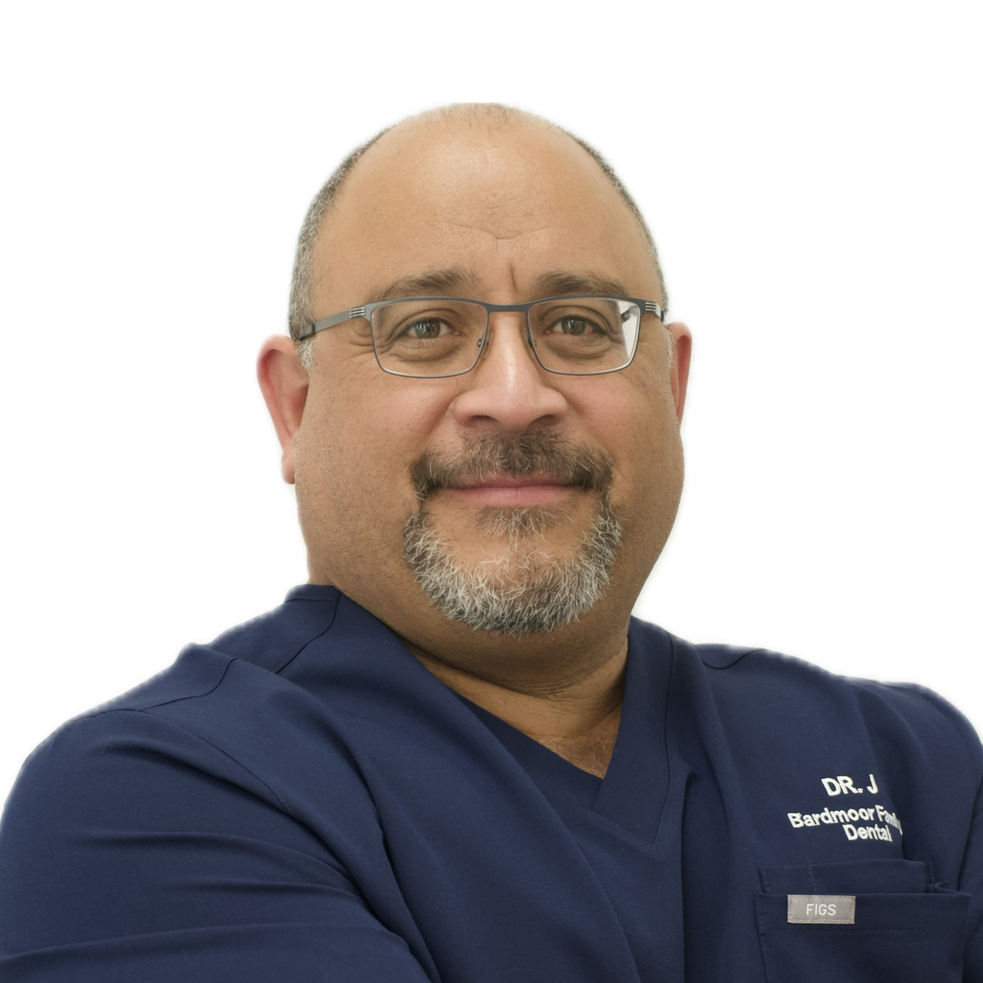Understanding the Different Types of Oral Surgery
Attending routine dental visits and effective oral care habits are the best methods for preventing oral issues, yet around 52% of adults do not visit dentists as often as recommended.
Routine dental visits help you prevent:
- Cavities
- Tooth extractions
- Gum disease
Routine visits may also help prevent some dental surgeries. However, they can't prevent all types.
Dentists use dental surgeries for various purposes. Continue reading to learn more about the different procedures.
What Is Oral Surgery?
Oral surgery is a branch of dentistry used for two main purposes:
- To treat diseases
- To fix major issues with the jaw and mouth
Dentists come in many types; not all dentists perform oral surgery types. For example, a family dentist may perform some procedures, such as cavity removals, but might not perform other surgeries.
Oral surgeons are dentists who specialize in these dental procedures. They typically don't handle general dental procedures like fillings or cleanings. Instead, they focus solely on performing dental surgeries.
Types of Oral Surgery Procedures
Here are some of the common types of oral surgeries dentists perform:
Tooth Extractions
Tooth extractions involve the dentist removing teeth from your mouth, and these occur for several reasons:
- Tooth not needed
- Overcrowding
- Decay or infection
The most common reason not to need a tooth is when the tooth is a wisdom tooth. Most people develop four wisdom teeth, one in each corner of the mouth. These teeth often develop with issues or cause issues.
If your wisdom teeth have issues, your dentist will recommend extracting them. It's easier to have a dentist remove them when you're young rather than wait until you're older, as the roots thicken with age.
Dentists may also suggest extractions when a person has overcrowding in their mouth. Too many teeth lead to problems cleaning the teeth and cosmetic issues.
After getting a wisdom tooth removed, your dentist will explain what to do during recovery. Following these instructions will help you avoid infections and dry sockets.
Dental Implants
Dental implants are dental products used to replace missing teeth. There are several ways to replace a missing tooth, but a dental implant is the best option.
An implant is strong and secure, as it requires the dentist to place an implant and post in your jawbone. Because of this, your jawbone must be dense enough to support it.
Getting an implant is considered cosmetic dental surgery because it improves your looks. However, getting a dental implant also protects your mouth and jawbone.
Your dentist can help you decide if you're a good candidate for dental implants. If not, there are other choices, such as dentures. Dentists may also recommend implant-supported dentures in some situations.
Bone Grafting
If your jawbone isn't thick enough to support an implant, the dentist may recommend bone grafting before getting the implant. Bone grafting is a surgical procedure that adds more bone to the area that needs it.
Dentists use bone grafting before placing implants in a person's mouth or performing sinus lifts.
Root Canals
The next type of dental surgery is root canals. Dentists use these when tooth roots become infected. The root canal procedure cleans the infection out of the tooth's roots.
This process generally requires two visits. The dentist cleans the roots during the first visit and fills them during the second. Your dentist can help you determine how to prepare for a root canal if you need one.
Corrective Jaw Surgery
Dentists may also recommend corrective jaw surgery to move or repair a misplaced or misaligned jaw. This procedure requires an invasive process of moving the jawbone to realign it.
Corrective jaw surgery may be necessary after an accident or to treat anomalies a person is born with.
Periodontal Surgery
Finally, dentists perform various types of surgeries to treat gum disease. Gum disease is an infection in the gums that causes gum recession and the potential for lost teeth.
This procedure generally involves pulling back the gums to clear the infection out of the gum lines. The dentist then places the gums back in place.
The Oral Surgery Process
There is a process for having oral surgery, and it begins with a meeting with the dentist for an evaluation. The dentist must determine whether you need surgery and the type of surgery.
Next, they make a plan for the procedure. They will:
- Schedule the procedure
- Explain how to prepare for it
- Explain what they will do during it
- Answer your questions
Most dental surgeries require anesthesia, which may be local or general. However, in some cases, dentists may also use IV sedation. The purpose of sedation is to ensure your comfort during the procedure.
Depending on the procedure, you may have a recovery period afterward, which may last a few hours or weeks. Following all the dentist's instructions is vital for a successful recovery.
Choosing an Oral Surgeon
Oral surgery is a big event, so you should choose an oral surgeon carefully. You could speak to your dentist to find out recommendations or your dentist may perform the procedure himself.
You can also look for oral surgeons in your area. As you do this, look for one with experience with the surgery type you need.
Finally, read the reviews to find out what people think. Reviews reveal real-life testimonies of experiences people have had with dentists. You'll learn a lot by reading these, and it will help you choose the right dentist.
Seek Help for Upcoming Dental Surgeries
If you have teeth, you may need some dental surgeries at some point. When you do, finding the right oral surgeon is vital. You need a dentist with experience and a great reputation.
Bardmoor Family Dental is an experienced clinic that offers dental surgeries. Dr. Jamil Abdelghani has decades of experience handling dental surgeries and is listed on the Top Dentists Award for his quality of work.
When you need dental services or surgeries, Bardmoor Family Dental is your solution. Reach out today to find out how we can help.












